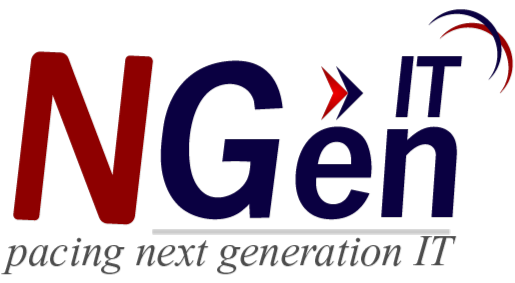-
OUR SERVICES
Industry We Serve
-
SHOP ONLINE
Shop By Category
Shop By Brand
Explore Our Deals
-
CONNECT US
Our Company
Career With Us
Partner With Us





